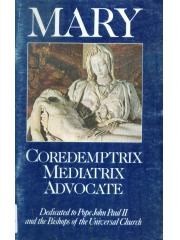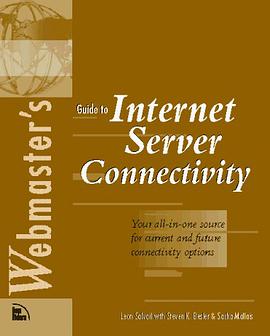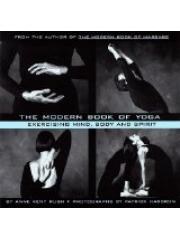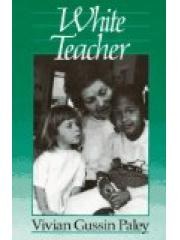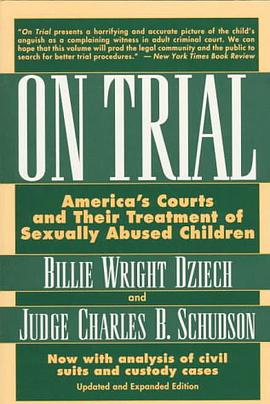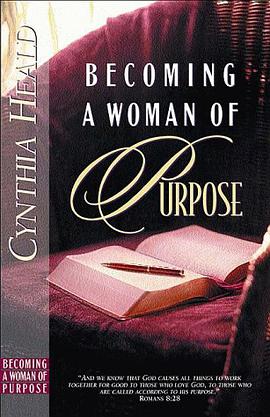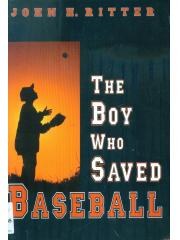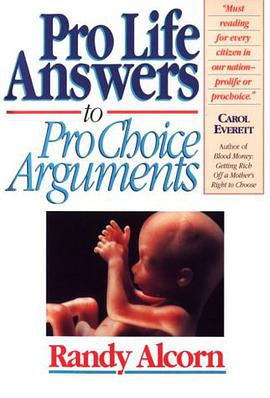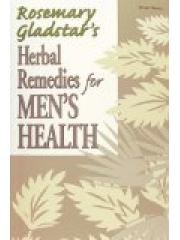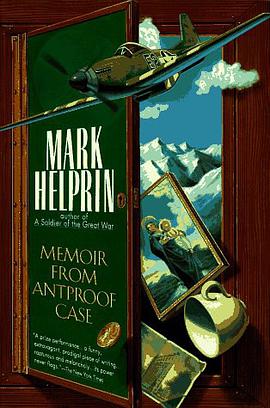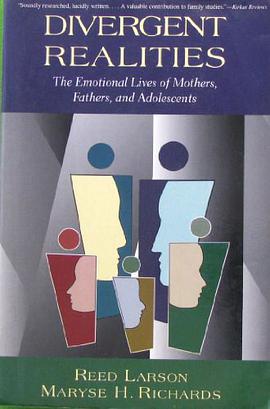

Until the beginning of the twentieth century, Ameri-
can literature was, for the most part, the exclusive province of white writers
of Protestant origin, mostly male, mainly of the eastern seaboard, and
principally of British descent. They had such names as Mather, Edwards,
Franklin, Irving, Cooper, Emerson, Poe, Simms, Hawthorne, Melville,
Stowe, Whitman, Dickinson, Adams, and James. Such Huguenot names as
Freneau and Thoreau were exceptions to this generalization. As for geo-
graphical origin, more than half of those listed were born in Boston or New
York; the others first saw the light seventy miles or closer to the Atlantic
Ocean
Langh
Ohioi
Voices from the Middle West were not heard before Samuel
3rne Clemens and William Dean Howells emerged from Missouri and
~st before the Civil War, and both of these authors spent most of their
adult lives in the Northeast.
To a large degree these patterns were determined by the demographic
facts. British colonial settlement hugged the coast for two centuries before
venturing westward. Boston, New York, Philadelphia, Charleston--these
were the centers of literacy, education, and the publishing trade, all neces-
sary for the development of printed literature. After the Revolution, political
power was held almost exclusively by white males of Protestant back-
ground. WASP--White Anglo-Saxon Protestant--is more than a label; it is
an accurate identification of those who controlled the government of the
United States and wrote its books until the twentieth century. But ethno-
centrism (belief that one s own group is superior) was more than a reflection
of the historical process. It was also a doctrine consciously held, the
nationalist and racist narrowness of which unduly restricted for too long a
time our understanding of what constitutes the literature of the North
American continent or even of the landmass north of Mexico and south of
Canada. This is not to say that the fiction of Melville, James, and Heming-
way or the poetry of Whitman, Dickinson, and Frost should be in any way
neglected. It is to say that the oral and written literature of Native Ameri-
cans, the Spanish-speaking peoples of the Southwest, the Creoles and Cajuns
of the Louisiana territory, as well as the more recent literature of twentieth-
century immigrants from eastern and southern Europe should all be consid-
ered as part of our multicultural national heritage. Above all, attention is
due to the most copious, the oldest, the most historically significant, the
most socially relevant; and the most aesthetically satisfying, after the English
American, of all our national literatures--that of African Americans.
Some might argue that the oral literary tradition of African Americans
began with Estevanico, an African Spanish soldier in the troops of the
conquistador Coronado s 1540 expedition into what is now Arizona, New
具體描述
讀後感
用戶評價
相關圖書
本站所有內容均為互聯網搜索引擎提供的公開搜索信息,本站不存儲任何數據與內容,任何內容與數據均與本站無關,如有需要請聯繫相關搜索引擎包括但不限於百度,google,bing,sogou 等
© 2025 onlinetoolsland.com All Rights Reserved. 本本书屋 版权所有

